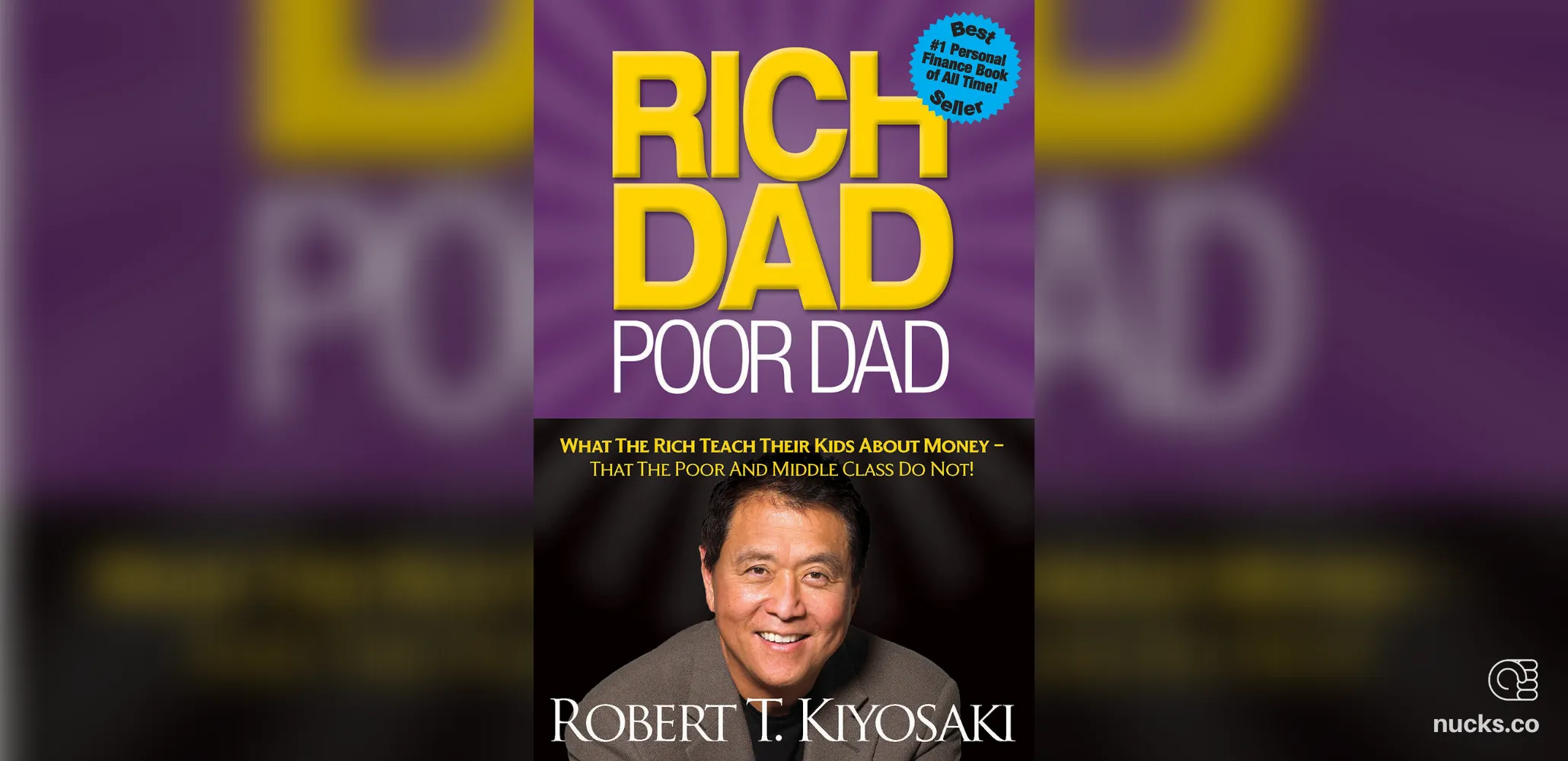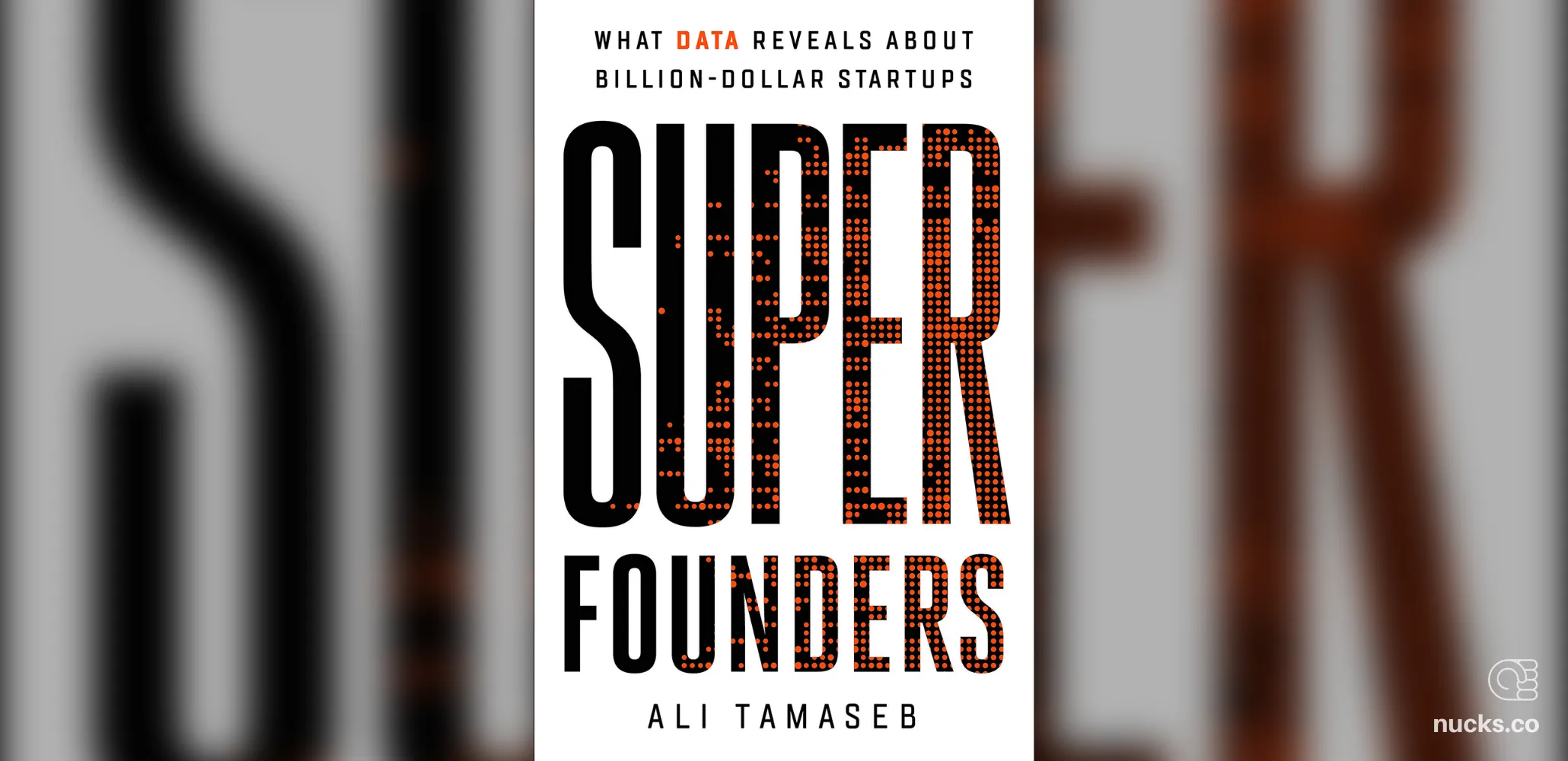Alibaba: The House That Jack Ma Built by Duncan Clark
11 min read

Have other book notes like this sent directly to your inbox 📥
Sign up for my newsletter
Receive quality content on diverse topics. The premium edition, for free. 👊🏽
More book notes from Nucks

Rich Dad Poor Dad by Robert Kiyosaki
Rich Dad Poor Dad will teach you how wealth is truly created. Robert tells the story of lessons he learned from his poor father and compares them to lessons learned from a friend's father. This book will get you started on a path towards building wealth.
August 22nd, 2018 · 9 min read

Super Founders: What Data Reveals About Billion-Dollar Startups by Ali Tamaseb
Data tells us the truth about how unicorns are created. Many startup myths shared by the media are distilled.
April 23rd, 2022 · 6 min read